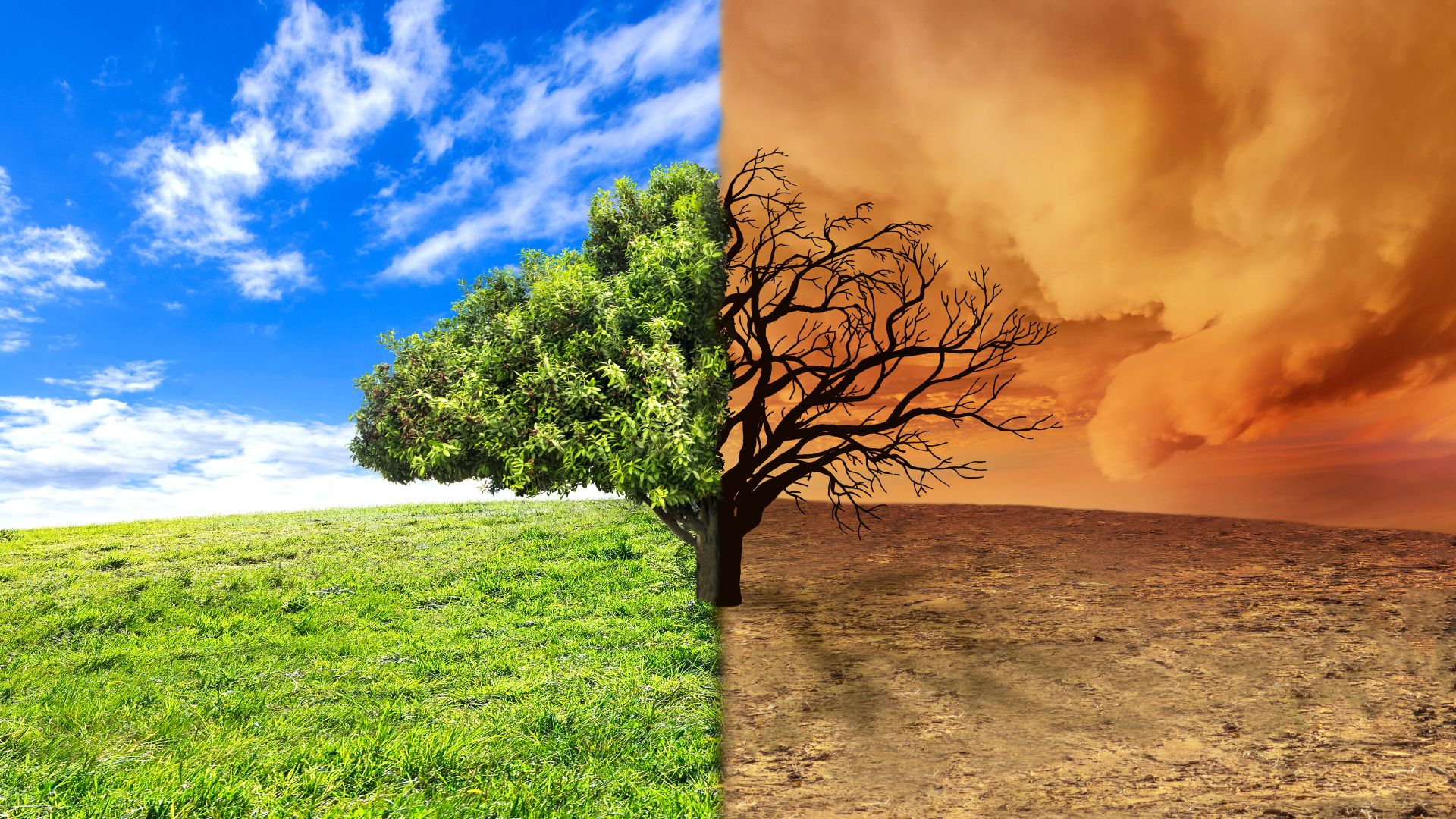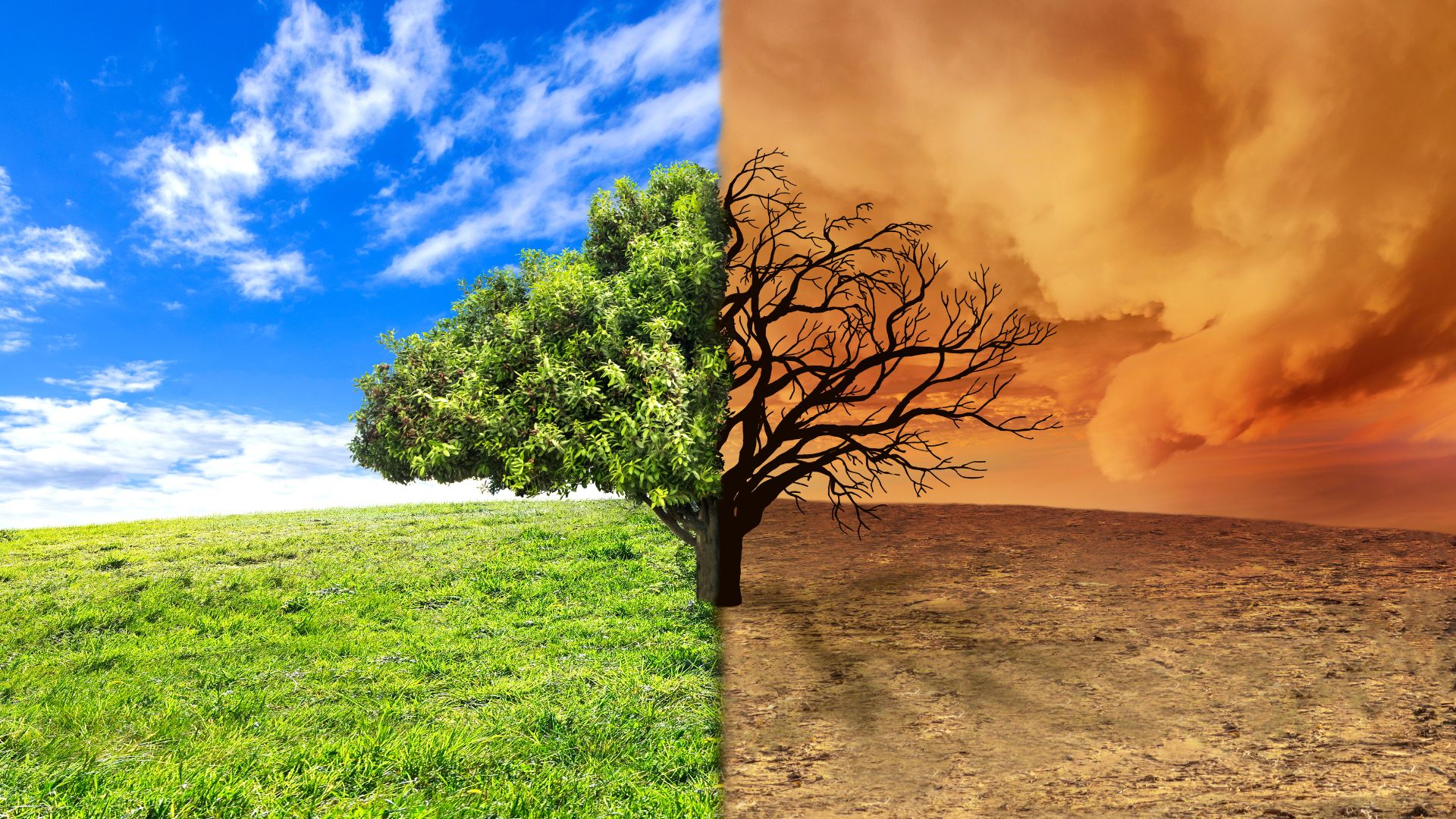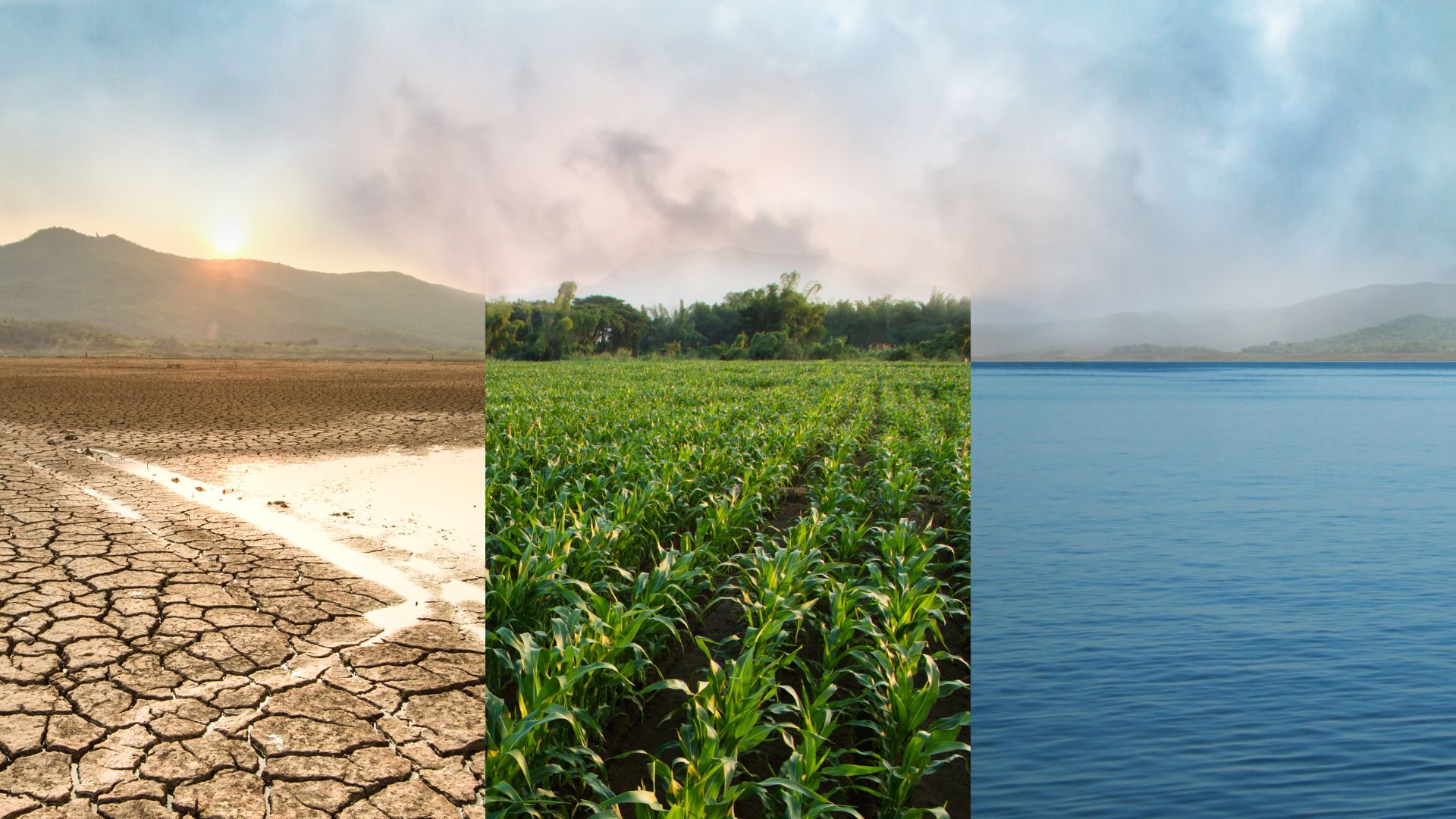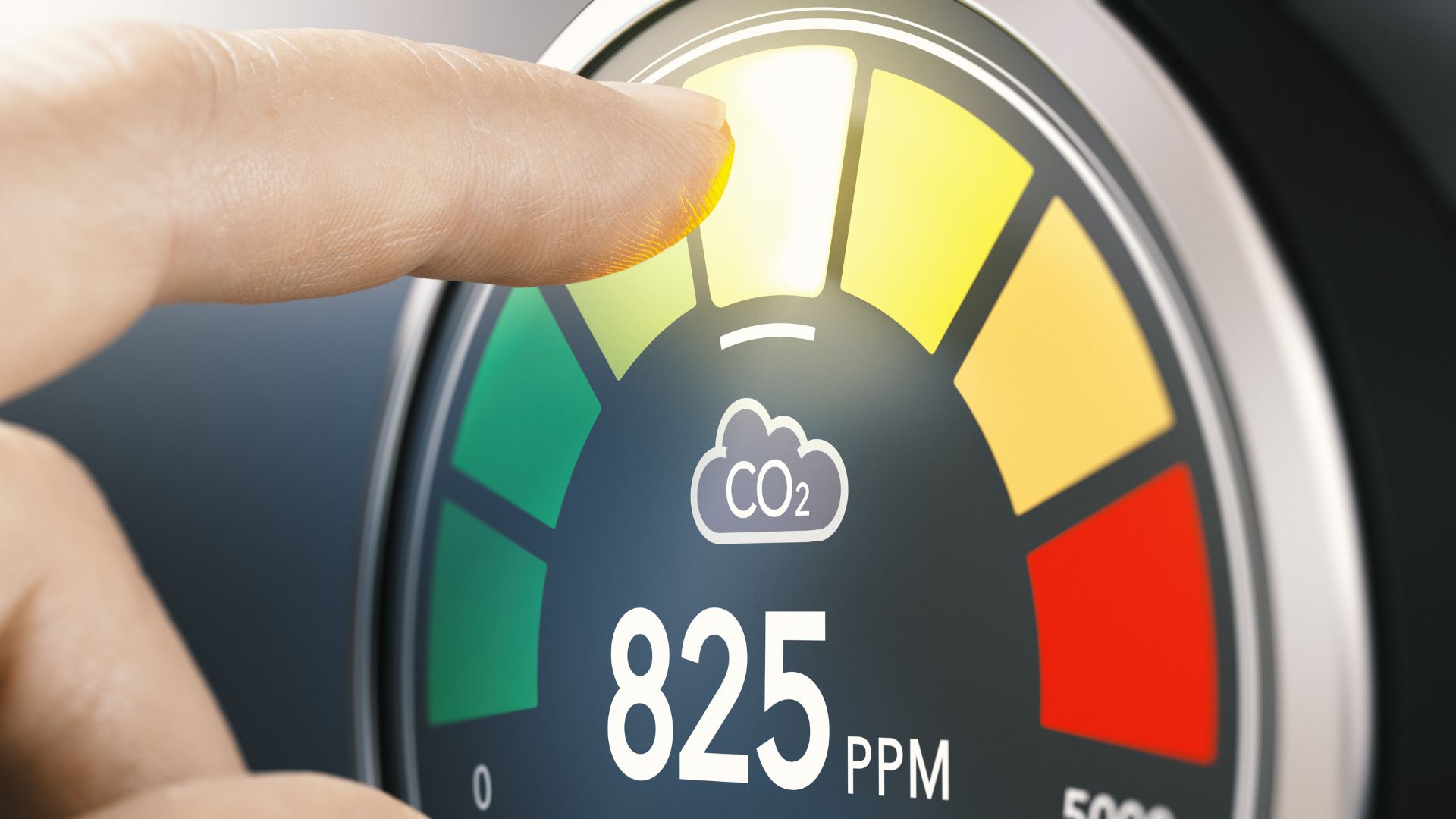Integrating Environmental Sensors to Combat Climate Change

Climate change is one of the most pressing issues of our time, and environmental sensors are playing a critical role in tracking and mitigating its effects. These sensors help scientists, governments, and industries collect data to develop informed strategies for reducing environmental damage.

Air Quality Monitoring
Air pollution is a major contributor to climate change. Advanced air quality sensors measure pollutants like carbon dioxide, methane, and particulate matter. These sensors are used in urban planning to identify pollution hotspots and enforce regulations that promote cleaner air.
Ocean and Water Sensors
Rising global temperatures affect marine ecosystems. Underwater sensors help scientists track temperature shifts, salinity levels, and pH changes in the ocean, providing valuable insights into how climate change impacts marine life.

Weather and Climate Monitoring
Meteorological sensors improve weather prediction models, helping researchers understand extreme weather patterns such as hurricanes and heatwaves. By analyzing real-time data, scientists can develop better climate adaptation strategies.

Agricultural Sensors for Sustainability
Smart agriculture relies on soil moisture and temperature sensors to optimize irrigation and reduce water waste. By improving resource efficiency, these sensors support sustainable farming practices and reduce agriculture’s carbon footprint.

Environmental sensors are essential tools in the fight against climate change, helping industries and governments make data-driven decisions that promote a more sustainable future.


